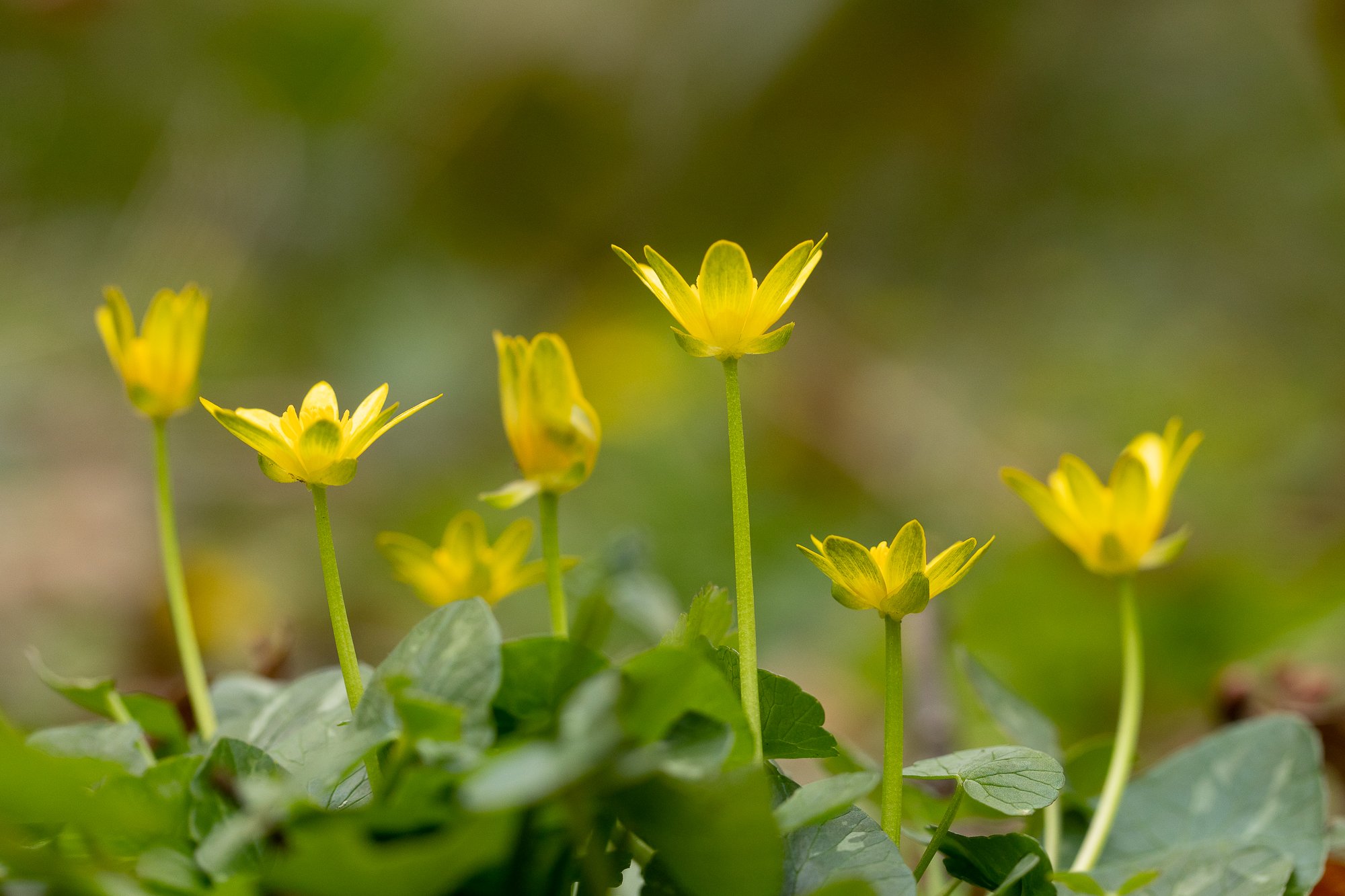Helping Children and Young People to deal with Eco Anxiety
Children today are growing up into a world where climate change and mass extinction are tangible threats to the future. How we talk to them about this, how we prepare them, and how we protect them are the very difficult questions facing parents.
According to the Royal College of Psychiatrists climate change and environmental degradation are leading to psychological distress, or eco anxiety, particularly in children and adolescents. In a recent survey they report that over half (57%) of child and adolescent psychiatrists surveyed in England are seeing children and young people distressed about the climate crisis and the state of the environment.
In the UK alone the news about the declining state of nature is everywhere. Bird and insect populations are rapidly declining. Rivers are polluted by raw sewage. 97% of our wildflower meadows have been lost and hedges and hedgerows removed to create vast fields for mono-crops. After briefly flowering mono-crops leave land that is barren of the pollen and nectar required for bees and other wildlife to thrive.
If you watched “Wild Isles” David Attenbourough’s message, that we are in a nature and climate emergency and that we now have “just a few short years left' feels like a final call. A last chance to reverse some of the environmental damage that human activities have caused.
Children and adolescents are not immune to this news and try as we might want to, we can't protect them from it.
So how can we support our children? How can we equip them to tackle such problems? How can we protect them from the eco anxiety that is creating hopelessness about the future?
The Royal College of Psychiatrists publish guidance for parents and teachers on how to recognise and help manage eco anxiety. In particular they recommend talking to children, listening to their worries, and taking actions to minimize feelings of helplessness.
Taking action as a family could include simple things like recycling, these small steps can be a way to create conversations including the idea that these problems are bigger than any one individual, that we are not tackling them alone, but that our own small contribution to the solution is important.
Taking actions, however small, helps to diminish feelings of helplessness and connects us with others doing the same which can provide comfort and support.
Planting wildflowers and making your garden wildlife friendly is a wonderful way to involve children. Growing a sunflower or a cornflower from seed and seeing the bees find your flowers is highly rewarding. It is visual, tangible proof that we can make a difference.
Gardening has many benefits to our physical and mental health. Numerous studies show that spending time in nature, whether that’s a walk in the park or time in a garden, makes us happier, reduces depression, anxiety and stress, and positively impacts mood and well-being.
There are many complex things at work to create this mood lifting effect but here are a few of the findings from recent research into the ways in which time in nature positively impacts our well-being.
Natural light helps us to create both vitamin D (important for mood, energy and well-being) and serotonin (important to both mood and sleep). Most of us can feel the refreshing impact of more light when Spring banishes the long dark evenings of Winter and we get a corresponding uplift in mood and energy.
Volatile oils in plants (phytoncides) can interact with our immune system positively impacting mood, and friendly bacteria in soil prompt us to produce serotonin.
“Soil contains the bacteria Mycobacterium vaccae that is absorbed through the skin of the fingers and palms when gardening, triggering a release of serotonin in the brain: the ‘happy hormone’, serotonin is a natural antidepressant and mood lifter; it also strengthens the immune system and provides a general sense of wellbeing.” (Sustainable Soils Alliance)
Recent research published in The Journal of Environmental Psychology showed that simply looking at flowers acts as an antidote to psychological distress and helps to lower blood pressure and cortisol levels.
In addition to all of these benefits, gardening can teach children many of the life skills we want them to acquire, from patience and perseverance to responsibility. If we forget to water our seedlings, nature will teach us about consequences, but if we get it right it will teach that our efforts are worth it, that our actions count and that every single one of us can make a difference.
To help your children reap the benefits of gardening check out the Bee Kind Challenge and accompanying child friendly resources including Planting Seeds of Hope - our planting guide for easy annual flowers that children can grow themselves from seed.
Borage seedlings, a great favorite with the bees.
To find out more about the relationship between nature and mental health read our blog post Why the Bee Kind Challenge is good for your mental health or explore recent research into nature and mental health on our website here





